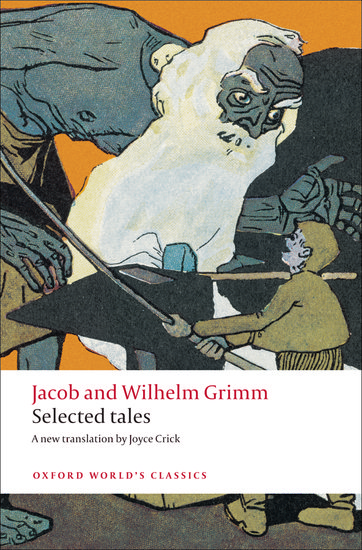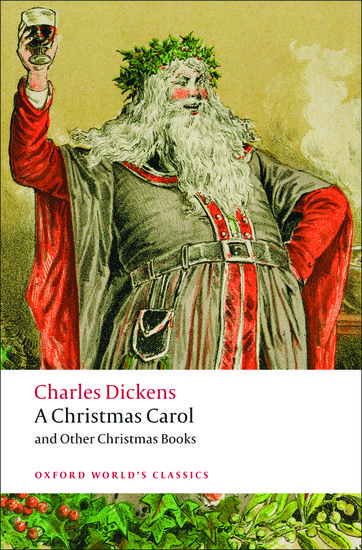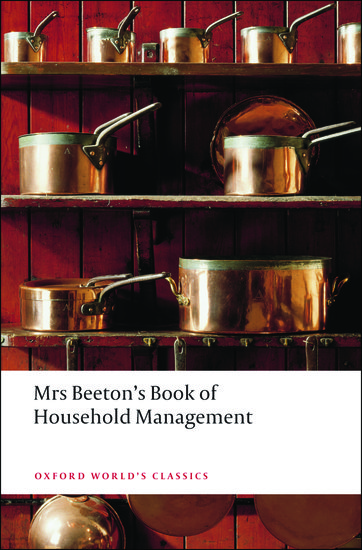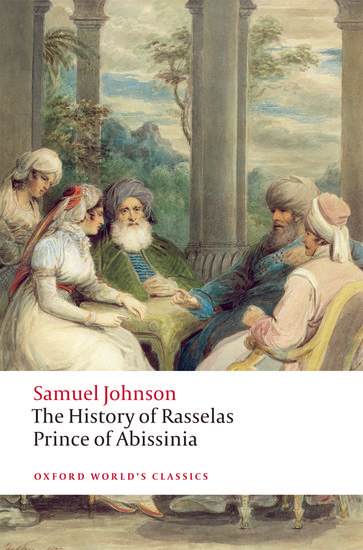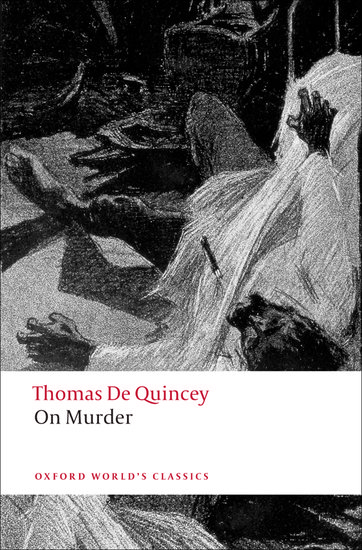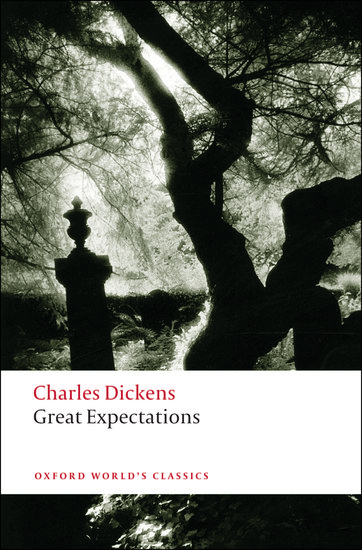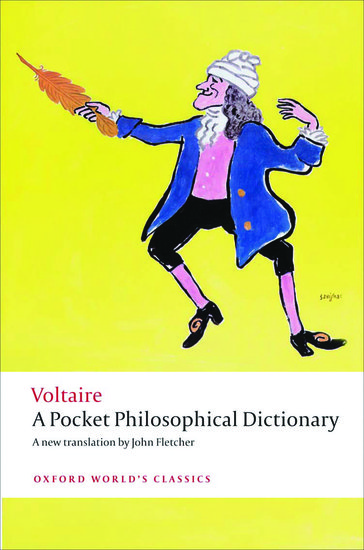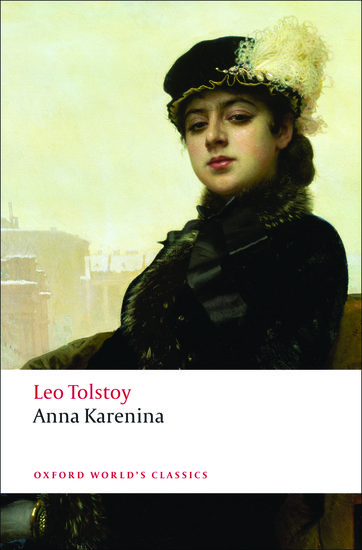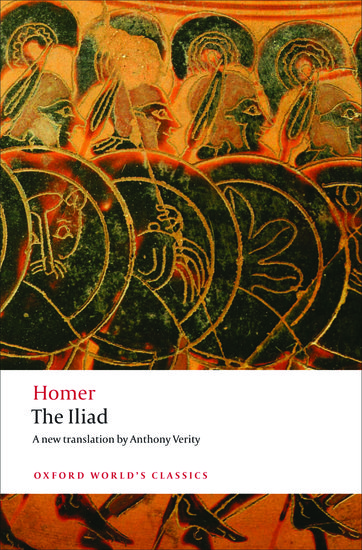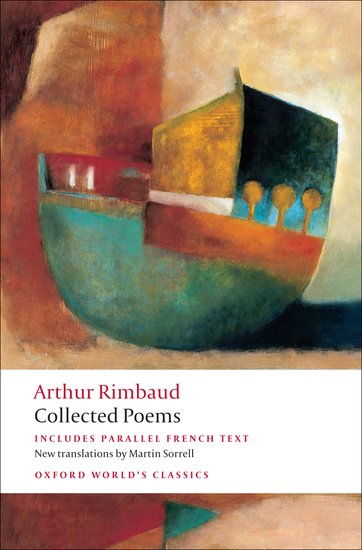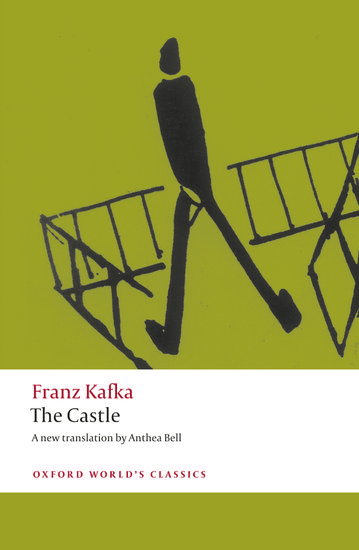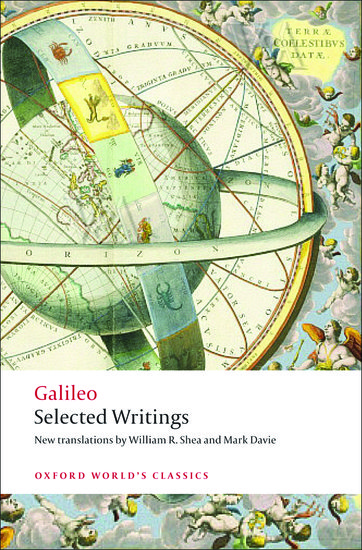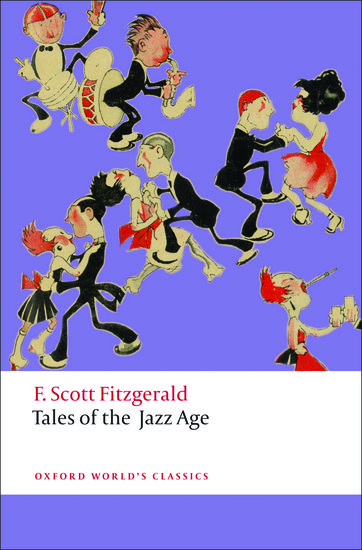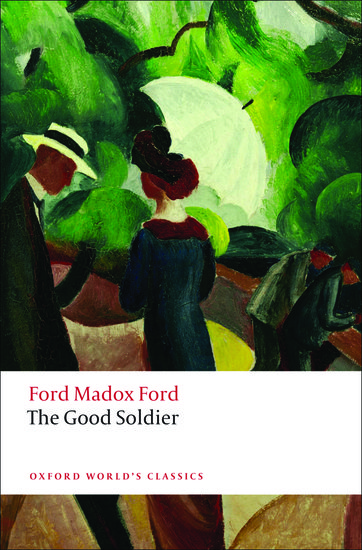The Grimms and ‘Tales for Children and the Household’
By Joyce Crick
This year, Thursday December 20th, is the 200th anniversary of the publication of their Tales for Children and the Household, currently being celebrated world-wide. Just in time for Christmas. But even after 200 years, English-speaking countries still seem to know little more about the brothers and their stories than as a brand name for films from Disney or Terry Gillliam. How many could we name off the cuff? A dozen? Twenty?

